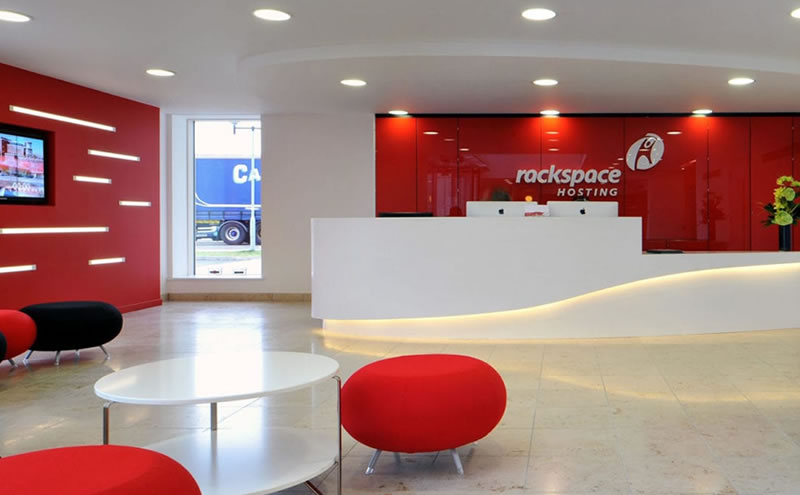In recent years, the cloud computing market has been growing at an explosive rate. Rackspace Technologies (previously Rackspace),founded in 1998, is one of the oldest companies in the sector. What started as an agile internet provider and hosting company, eventually grew into a multi-cloud solution provider covering such areas as data, security, applications, and consulting.
The company’s recent return to the stock exchange brings back better visibility of its performance and opportunity to consider investment potential.

Apart from changing its name multiple times since its inception, it tends to change its CEOs quite often too. Can Rackspace still make waves in the ocean dominated by Amazon and Microsoft, or will it gradually descend into oblivion?
Despite the ongoing pandemic and the economic and operational challenges it continues to bring, Rackspace successfully managed to increase its revenue ($1,990.9 Billion 9 month in 2020 vs $1,811 Billion in 2019). The cost of sales, general and administrative expense grew much slower ( $707,5 million in 2020 vs $756,8 million in 2019) in comparison to the increased revenues.
Rackspace’s tax liabilities has changed too. Deferred income tax increased four times to $40.1 million ( $10.3 million in 2019).
The company has also been busy managing its debt structure. On November 16, 2020, Rackspace cancelled $86.0 million 8.625% senior notes due in 2024. On the same day, the company issued a press release announcing the issuance of d $550.0 million aggregate principal amount of 5.375% Senior Notes due 2028.
The company understands that It can no longer compete solely as a cloud service provider. Microsoft, Amazon, and even Google have already captured much larger chunks of the market and continue to add additional services to the already comprehensive offerings, making it even more challenging to compete.
Instead, Rackspace embraces the competing cloud providers by rolling out multi-cloud solutions. It positions itself as an end-to-end solution provider with consulting sitting on top of software and hardware expertise it has. The company also emphasizes it’s customer service and support experience. The emphasis on excellent customer service has been the lynchpin of the company’s marketing efforts, at the time when other large vendors were or continue to be known as ‘lacking’ in customer service.
The market yet to see how successful the company will be trying to turn a profit. Despite nearly two decades of experience in the sector, its core business isn’t even remotely as profitable as some of its competitors in the industry managed to do. The company is throwing more resources in trying to expand its consulting business, which would allow it to command higher profit margins while remaining ahead of the commoditization wave.
While short-medium term outlook for cloud sector is very positive, the long-term commoditization of the services is very likely, which will also result in lower profit margins.
The upcoming quarters will show how Rackspace’s bet on services will pan out, with acquisitions like Onica, AWS Premium Consulting Partner, which was part of its strategy to grow the consulting and multi-cloud expertise businesses.

















Rate this article